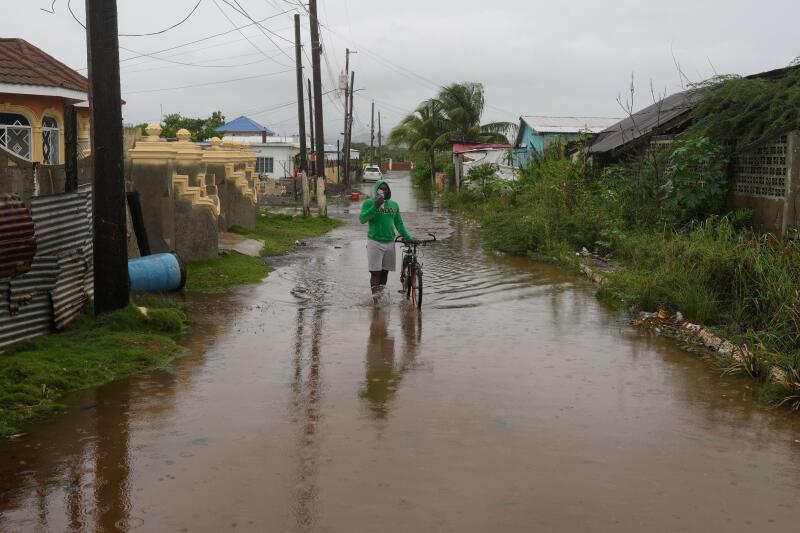
Hurricane Melissa's battering of Jamaica this week has brought climate-resilient finance back to the fore.
Debt instruments that respond to natural disasters — for example allowing countries to defer interest payments when a national emergency occurs — make sense for states vulnerable to such catastrophes.
But the market must get the introduction of such instruments right, so that they work for issuers and investors.
Pause clauses are not new — Grenada exercised one on a bond in 2024 after Hurricane Beryl. But in the Eurobond market they have only been used by a few Caribbean countries.
Wider use would be welcome. Climate change is making natural disasters more frequent and stronger, and more often than not they occur in developing countries with small economies or fragile finances — or both.
The money saved by pausing Eurobond payments may not be huge. Jamaica, which does not have pause clauses, pays about $35m of coupons a year.
That is a fraction of the likely cost of the hurricane, but if Jamaica could defer it, that might help.
Investors get the point. The last thing they want is an otherwise creditworthy country being forced into default when a bit of leniency might get it through a difficult period.
But there are many questions to answer before disaster-resilient debt clauses become mainstream.
Could principal payments also be delayed? Should the clauses be applied to all a country's debt including loans, to ensure fair treatment of creditors?
How could the decision to trigger a clause be made robust and reliable? Could the clauses be introduced retrospectively to existing bonds?
A group called the London Coalition is working to solve these problems.
To make disaster-resilient debt work, a watertight product must be created, without loopholes or grey areas.
Doing so will create an excellent, much-needed tool to help poorer nations in times of crisis.
But badly structured instruments will not help, as investors will charge too much to buy them.
The obstacles are substantial. But the prize is worth it.
